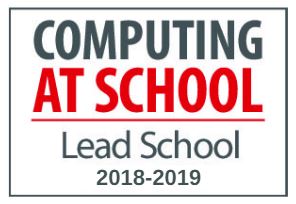Music Technology
Why study Music Technology?
To gain theoretical knowledge, understanding and practical learning in all aspects of music production and music technology.
To develop the knowledge and skills to produce multi-track recordings in a recording studio, mix-down, editing and production processes using computer software, and apply basic concepts and practices employed in analogue and digital sound recording techniques.
To learn about how sound behaves in performance venues and recording studios; explore sound as a waveform and the physics of sound using formulae and quantifying measurements.
To develop your compositions and listening skills to an industry standard level - sound engineers or DJs need refined listening skills and an ability to listen to music critically.
You will learn to collaborate with others, create finished pieces of music and how to promote yourself with the industry.
During the course you will prepare for undergraduate music technology education and for many job roles within the industry as a whole.
WHAT WILL I STUDY?
4 Components:
Component 1 – Recording
During this component, you will be the producer for a multi-track recording. This will involve you choosing musicians, running recording sessions and then mixing/mastering your final product.
This coursework is worth 20% of the A Level grade and is assessed on your quality of capture and editing/mixing skills.
Component 2 - Computer Based Composition
During this component you will be creating an electronic composition using Logic Pro X to a set brief. This coursework is worth 20% of the A Level grade and will require you to apple what you have learnt on the course about synthesis, sampling and
sequencing to create a professional piece of music. You will then mix and master the track into a finished project. You will be assessed on your use of synthesis, sampling, creative effects and musical elements.
Component 3 - Listening and Analysing
This component is a listening exam that is split into two sections. Section A is short answer questions relating to four different songs. Section B is extended answer questions comparing production techniques. This exam will require you to use what you have learnt on the course about the history of production for a range of different genres, including the equipment and techniques that were used. This exam is worth 25% of the A Level grade.
Component 4 – Producing and Analysing
This component is an exam which consists of a written paper and practical tasks carried out on Logic Pro X. The exam is split into two sections. Section A is short answer questions and editing/production tasks on Logic Pro X related to MIDI and samples. Section B is extended answer questions related to mixing, recording and editing. This exam is worth 35% of the A Level grade.
SOME OF THE TOPICS COVERED:
Mixing/Mastering
Sequencing
Sampling
Understanding Sound
Composition
Microphones
Recording Techniques
Synthesis
Digital and Analogue
Hardware
Effects
History of Recording
HOW WILL I STUDY?
You will have regular access to a suitable recording studio, rehearsal space, MAC computers and Logic Pro software. Learning will require individual study and research, group discussion and both theoretical and practical lessons.
If you have any questions about the Music Department or Music Technology course please visit the school website.




